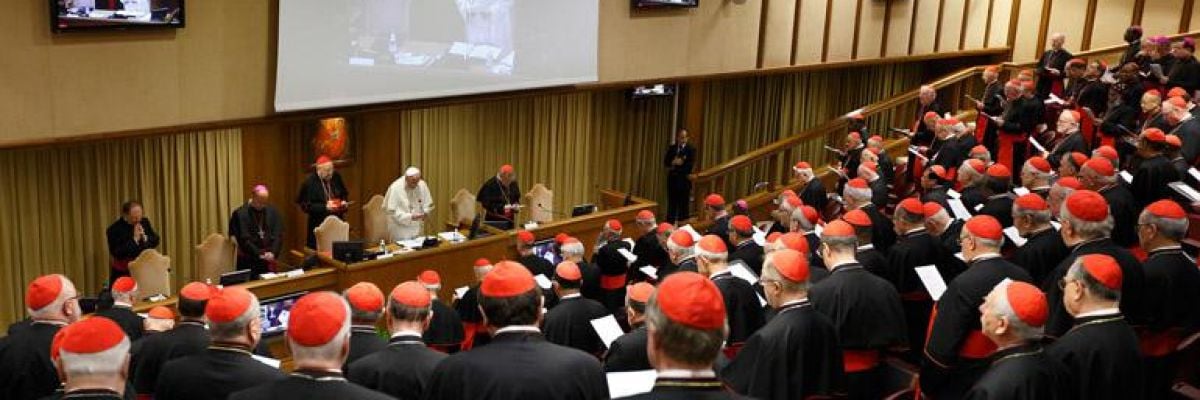
Question:
Answer:
The Church has two main statements regarding Vassula Rydén, a Greek Orthodox Christian. In 1995, the Congregation for the Doctrine of the Faith (CDF) issued a notification on Mrs. Rydén’s writings. The CDF directed that her ideas, including her writings, not be disseminated, because of various doctrinal errors:
Among other things, ambiguous language is used in speaking of the Persons of the Holy Trinity, to the point of confusing the specific names and functions of the Divine Persons. These alleged revelations predict an imminent period when the Antichrist will prevail in the Church. In millenarian style, it is prophesied that God is going to make a final, glorious intervention which will initiate on earth, even before Christ’s definitive coming, an era of peace and universal prosperity. Furthermore, the proximate arrival is foretold of a Church which would be a kind of pan-Christian community, contrary to Catholic doctrine.
In 2007, the CDF issued a circulation letter to the presidents of bishops conferences around the world. While noting that Mrs. Rydén had issued clarifications on some problematic points in her writings, the CDF noted the following:
1) The Notification of 1995 remains valid as a doctrinal judgment of the writings examined.
2) Mrs. Vassula Rydén, however, after dialogue with the Congregation for the Doctrine of the Faith, has offered clarifications on some problematic points in her writings and on the nature of her messages which are presented not as divine revelations, but rather as her personal meditations (see Vassula Rydén: Letter of 26 June 2002, published in True Life in God, vol. 12, XXI-LI). From a normative point of view therefore, following the aforementioned clarifications, a case by case prudential judgment is required in view of the real possibility of the faithful being able to read the writings in the light of the said clarifications.
3) Finally, it remains inappropriate for Catholics to take part in prayer groups established by Mrs. Rydén. Concerning the question of ecumenical meetings, the faithful are to follow the norms of the Ecumenical Directory, of the Code of Canon Law (canons: 215; 223, ‘ 2 and 383, ‘ 3) and of Diocesan Ordinaries.
The U.S. Conference of Catholic Bishops (USCCB) has not issued anything on its website regarding Rydén’s writings since the CDF’s circular letter in 2007. Given the continuing caution of the CDF, that the USCCB has not provided any directives on how Rydén’s writings could be permissibly read, and because the average Catholic doesn’t have the theological knowledge to distinguish subtle doctrinal error from truth on a variety of subjects, we cannot recommend Rydén’s writings.
Further, there are a variety of other solid Catholic works, including regarding approved apparitions. So we counsel further that Catholics look elsewhere for their edification.



